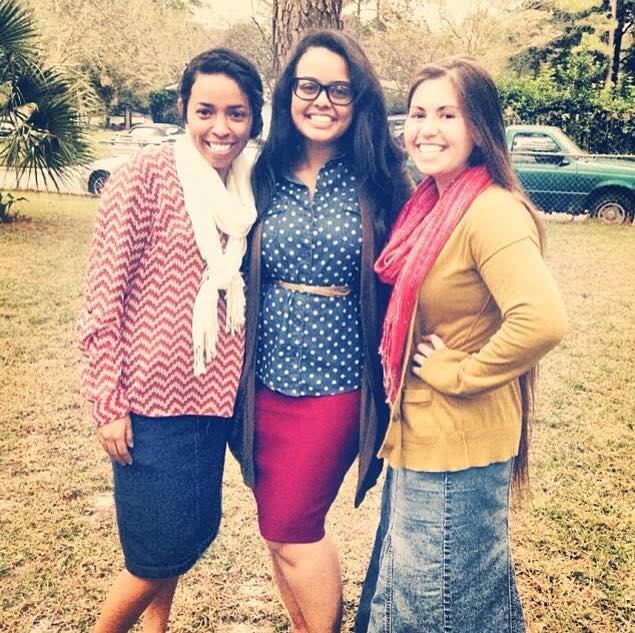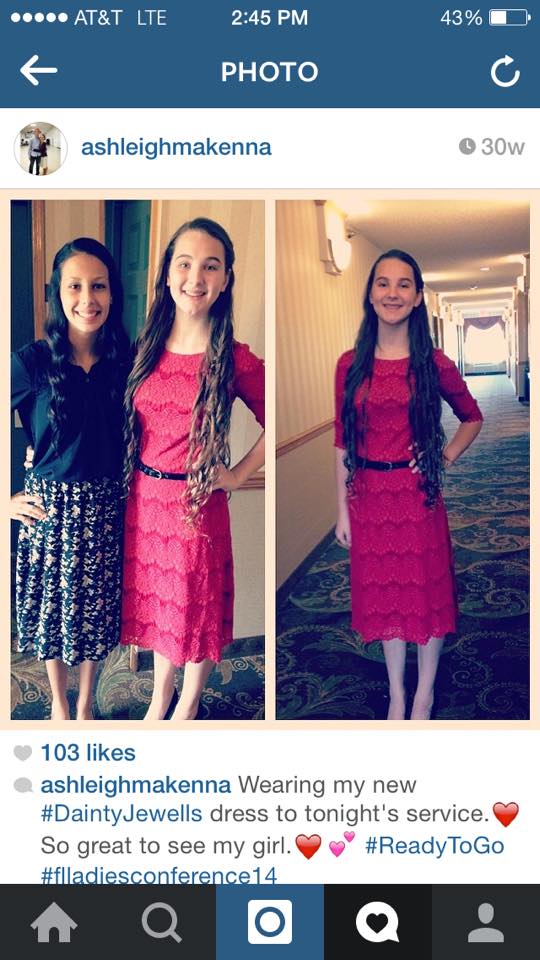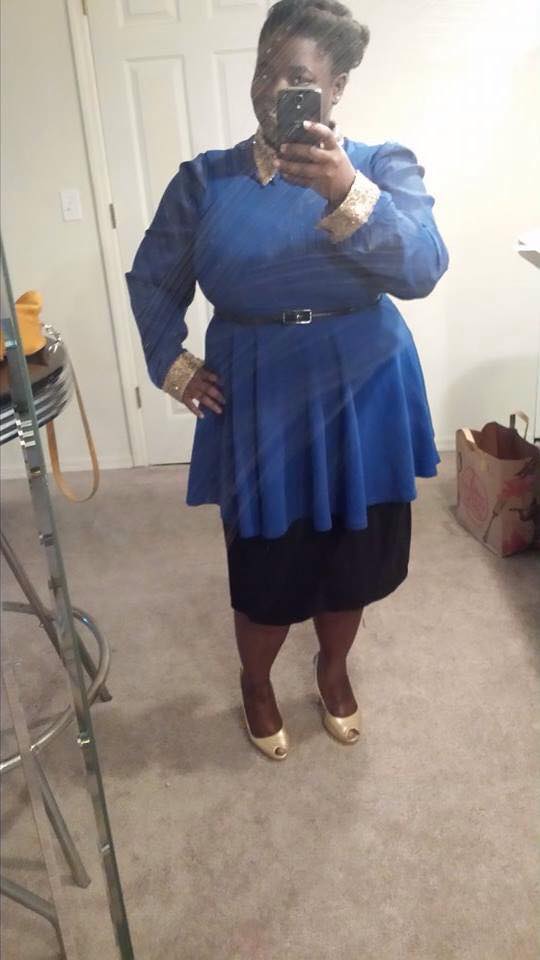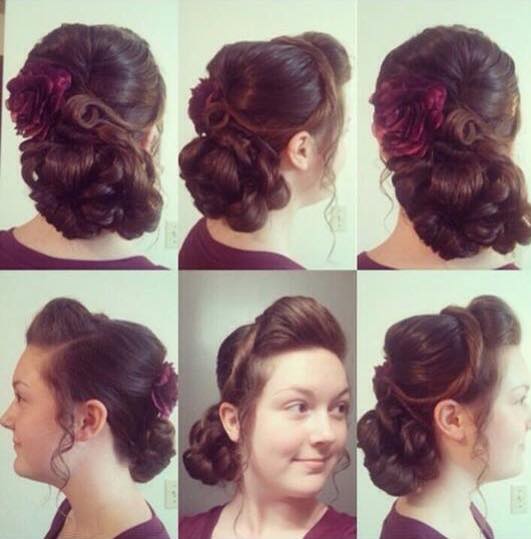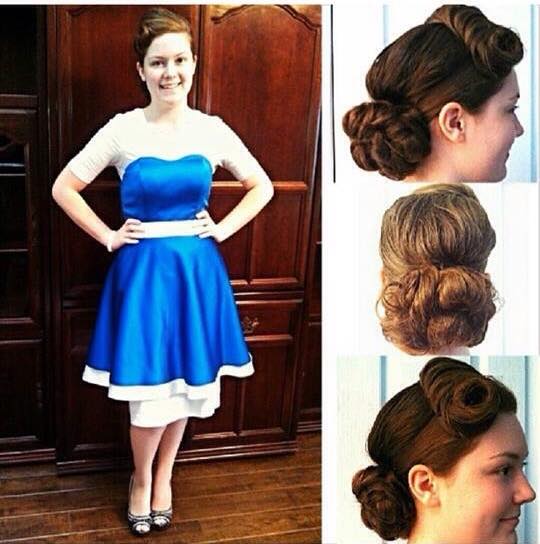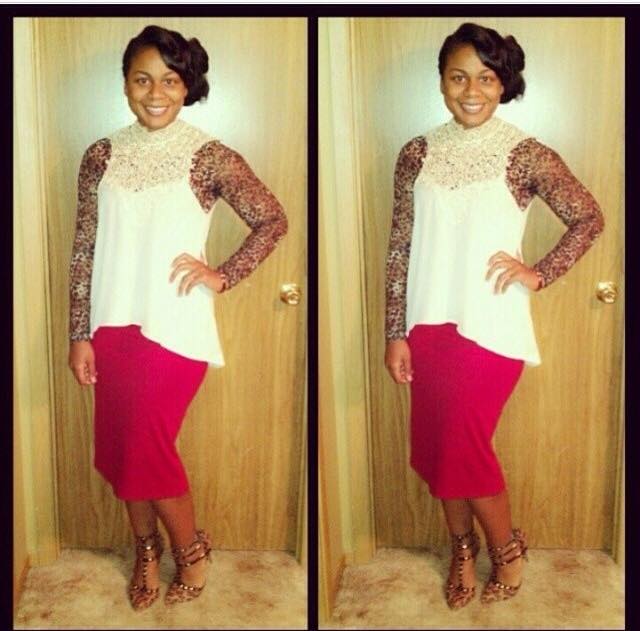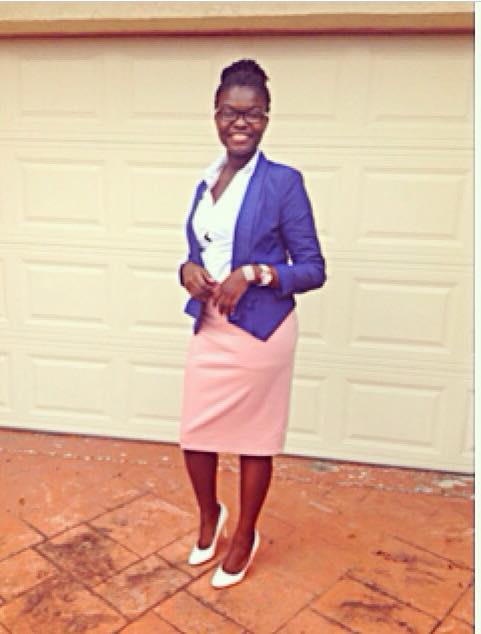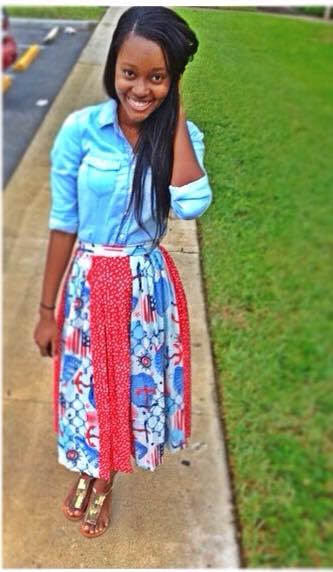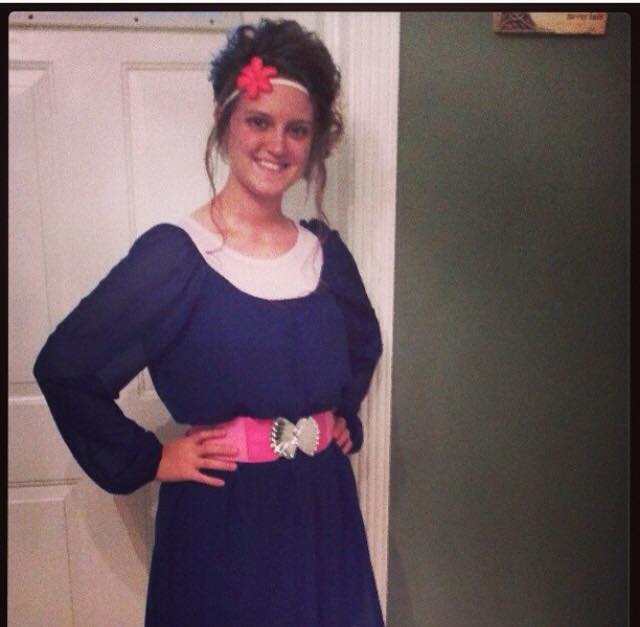*This is a guest post from Megan Geiger, an Apostolic Pentecostal who shares her perspective with Kim Davis, the Rowan County, Kentucky court clerk who defied a U.S. Federal Court order requiring the issuing of marriage licenses to same-sex couples. She has been the center of a serious controversy for the last two weeks.
Dear Sis. Davis,
Before I say anything else, I want to tell you that I’m sorry. I’m sorry that your life has come under such intense scrutiny. I’m sorry that your every word, and those of your husband, have become fodder for memes and tweets, that your picture is on every news feed across the country, and that your past has been brought forward for the world to see. I’m sorry that your work place, which I’m sure is full of people who you care about, routines with which you are comfortable, and actions that are familiar and fulfilling, has become a battleground. I’m sorry that you are experiencing the trial of imprisonment, which is painful for any human. I genuinely wish you were not going through this unsightly mess. I genuinely hope this situation will work out in the best way that it can for you.
However, I need to tell you something that may hurt you, and which will certainly make your many supporters question my motives and my spirit. I’m a believer in the same way that you are, and so what I’m about to say may seem confusing, or contradictory, or spiteful. At best, many will regard me as a young person under the influence of the liberal culture by which I am surrounded. At worst, they will say that I’m under the influence of Satan.I’ll leave it to you to decide.
I am an Apostolic Pentecostal. And I do not stand with you.
Many have said that what you are doing is brave, and I agree—it takes strength to face prison in defense of a worthy cause. The problem is, I don’t believe your cause to be worthy.
When you accepted a position in our nation’s government, you no doubt took an oath of loyalty, or of submission to a certain set of rules.Your position requires you to submit to not just the written laws of our nation, but to the spirit that guides them, to the bureaucracy that manages them, and to the men and women who establish them. When you were given a desk and a nameplate, you were given a commission by this government, to serve and to follow. You made that choice.
I know that when you chose to become a clerk, you probably never foresaw the conflict in which you are now embedded. Even as the stirrings of Pro-LGBTQ legislation began to rise, you probably put your trust in the Lord and rested in the hope that our government would never allow the Christian principle of heterosexual marriage to pass out of its law books. You could not have seen this coming, and you certainly could not have stopped it.
Here is the issue: you pledged your allegiance and service to a non-Christian government. You are the servant of a non-Christian public. And that was your choice.
Kim Davis has courted controversy over her refusal to deny marriage licenses to same-sex couples. Not only that, but she has made many fellow Apostolic Pentecostals uncomfortable with the way she represents their faith in the public sphere. (Photo: Wikimedia)
The United States may have been founded by a group of Protestants, but it is no longer a nation governed by Christian principles. In fact, if we take Biblical prophecy seriously, it never will be. As Christians,we have the burden and the blessing of being a light of holiness in an ever-darkening world, and as we draw closer to His coming, we will continue to stand out more and more as symbols of his purity and goodness. However, the Bible does not guarantee us that our government will stand with us.
We call ourselves Apostolic, which means that we are called to live like the first century church. The first century church existed in a time when it was illegal to be a Christian, when worshiping Christ meant the high likelihood of a painful, early death. Early Christians endured in the midst of a government that not only despised their culture and practices, but one that literally sought to destroy them.
As of yet, our government has not begun to persecute us in the same way. We are still free to worship openly, to choose our candidates and our political positions based on our interpretations of His Word. We are free, as Christians, to assert that marriage is between one man and one woman and to encourage others to see the same truth.
But you, Sister, are not free to disobey the master to whom you pledged allegiance. At least, you can't do that and expect to stay in your desk. You have the right to believe what we believe as a citizen of the United States. But as our nation’s public servant, you do not have the right to sever your oath of allegiance because of your beliefs. Your roles as a Christian and a servant of our government are no longer compatible, and as you know, it's impossible for a man to serve two different masters.
My heart is broken about this, not just because of your discomfort and anxiety. I am broken because you have become the face of Apostolic Pentecostalism all over this country, and you are now being used by the World as a symbol of homophobia, ignorance, and hate. I don't believe you to be guilty of any of those things, but I have to say that your choice to loudly rebel against your employer has caused us a few problems.
I look like you. I have uncut hair and a long skirt. I worship with the same fervor. I feel the same Spirit. And now when I try to reach out to gay students on my campus, to liberal-minded young people, to non-Christians, they will not see my face. They will not hear my message of Christ’s love, of his forgiveness, of his everlasting mercy. They will not see me.
Instead they will look at my hair and my skirt and they will see a stereotype. They will avoid our church because they will expect it to be full of homophobia, and ignorance, and hate. They will put up barriers. They will build walls.
What you have done, Sister, is brave. But I question whether it is wise, and I fear the consequences.
I send you my prayers. I send you my hope for comfort, and for peace. I send you my deep and sincere apologies for what you must be feeling. But I do not send you my support.
May our Savior give you favor with judges, a sentence that is not debilitating, and a lifetime of peace after this storm.
In Christ,
Megan Geiger
